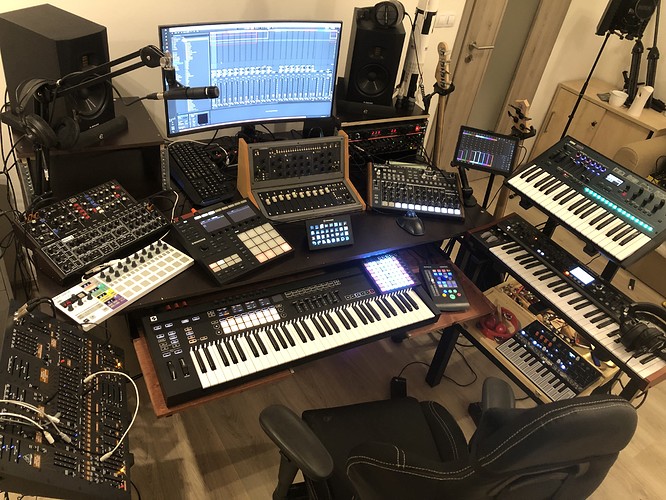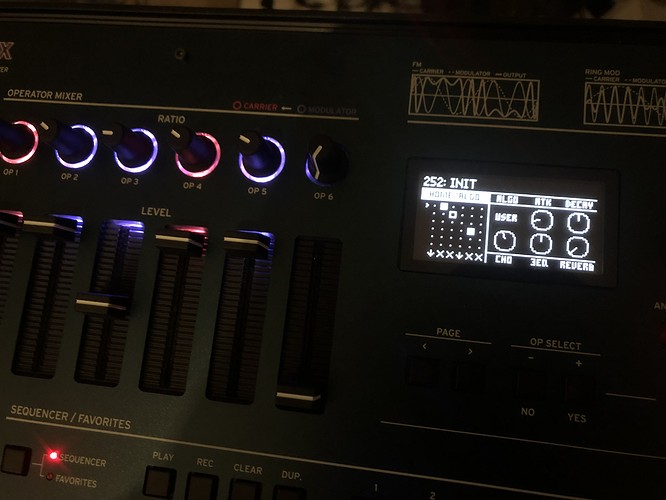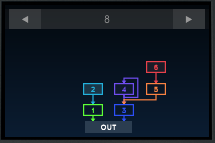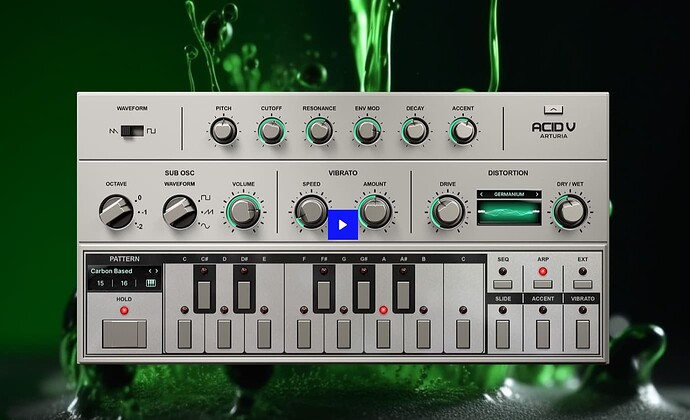I am finally home from family new years festivities. I will share my thoughts on hardware synths from the position of someone who has tried every possible SW synth in the last 10 years, yet, I end up with a “studio” like this with quite a few more synths in “order pipeline”.
The main differences between these two types of instruments are:
Price - Atm. the very basic HW synth starts at around 150 bucks (Korg Volca line) and these little boxes are most of the time really limited in their abilities and user interface.
On the other hand, you can buy Arturia Pigments at a discount, for 100 bucks. This one SW synth will enable you to create every possible sound there’s.
Space - The main reason why I am not buying any more synths atm. is that I simply don’t have space for them. You will say that with one synth you will need no extreme amount of space. But even one synth, if you want to actually use it, has to be in a good place and ready to be played at all times. Trust me, you will not want to pull out the machine, connect it, place it well, etc. . It absolutely breaks the flow.
Additional costs - Because I (As most other people who work with HW synths) want all the synths to be playable at all times, I have to have free inputs for every single one of them. Atm. I have Focusrite 8 input sound card hooked through ADAT optical link to Octopre. But still, I have only 2 free stereo lines available now.
So, if you have for example 2-input soundcard and you will get yourself a synth with stereo output, you have no more inputs for Bass, microphone, etc… It can be solved with a Mixer, but still, more money.
Also, most of the monophonic synths (the kind of a synth in the 200 - 400 bucks range) come with no internal effects, so if you want a sound to be useful, you have to a) get a DAW with included effects. b) buy effects on your own or c) buy external gear like pedals etc.
On the other hand, SW synths are always ready and you simply buy them and you are ready to go.
Sound - This isn’t a factor anymore. Since SW has crossed the threshold of 16 bits you can emulate “analog sound” in PC with virtual preamps and thorough simulations of vintage gear and I guarantee you, nobody will be able to say what’s analog and what’s digital. (Software synths like Diva or Omnisphere have an insane sound engine and right from the box they sound HUUUUUUGE)
But! It’s also true that getting a huge 3 OSC analog sound is much easier with hardware. The sound I am able to dial at any of my synths after a few minutes of fiddling around would take my 3, 4 times more on an SW synth with pre, eq, comp simulations.
Versatility - Some of the top-notch software synths offer you every possible way of synthesis and modulation there’s, in one box. On the other hand, even the most versatile HW synths are quite limited.
BUT! It’s doesn’t happen so often, I will have to disagree a bit on this point with Howard.
Personally find it much more inspiring to work in a limited framework. When you have every possibility at your disposal it removes the effect of “inspiration by limitation” and also doesn’t push you to learn as much cuz the box you have to know inside out, because there’re for example no presets.
Fun aspect - I have quite a few control templates for software synths. So every control is mapped to knobs and faders on a midi controller and I can control such synth like a real thing. It’s not the same in the slightest. I personally love to “produce” not sitting down, running around my room, fiddling around with knobs, etc. . In comparison, while I am working with a VSTi, it’s most of the time just sitting in my chair.
These are my 2 cents on the topic. I personally don’t think that getting an HW synth is a bad idea, however, it’s really slippery slope and you have to know if the money you will invest is actually usefully spent.
I would personally start with some decent analog simulation software synth and little MIDI keyboard and find out if you actually like fiddling around with synthesizers. And what’s the thing you like the most. With that knowledge, you will know what kind of synth you want and you will be able to decide what should be the machine you will buy.
Hope this will help. Cheers!





 ):
):
 It’s the most intriguing synth I have handled in a long time and … I highly recommend it.
It’s the most intriguing synth I have handled in a long time and … I highly recommend it.

